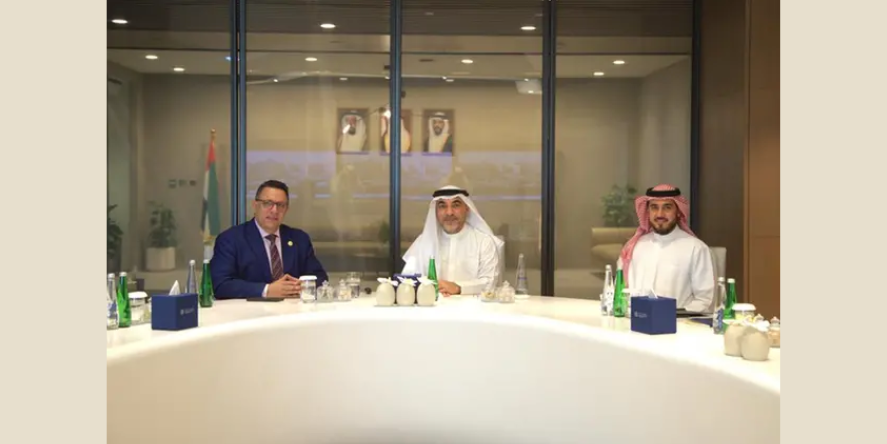SANTECHTURE unveils THYNK, an Intelligence-Driven Claims Engine, at Global Health Exhibition in Saudi Arabia. The popular revenue cycle management claims solution, that has been serving healthcare providers in improving the denial rates and medical billing compliance in the United Arab Emirates for the past 12 years, now includes the adjudication rules of the Saudi Arabian insurance market, helping providers to manage the complexity of new coding and billing requirements in Saudi Arabia.
Anas Batikhi, Founder and CEO of SANTECHTURE, remarked, “Navigating the requirements for the Saudi Arabian healthcare funding model is uniquely challenging, and the way that payors are interacting with providers is evolving. Coding and clinical documentation requirements as part of the medical billing process are constantly changing as the digital transformation takes hold in the healthcare system. With the number of claims submitted though digital platforms is set to grow exponentially, the ability to manage the new requirements of payors and regulators effectively and cleanly diminishes due to human capital-based approaches to revenue cycle management currently used by healthcare providers. Our solution, THYNK, has evolved to match these demands.”

Undoubtedly, being the largest healthcare sector in the region, Saudi Arabia’s private healthcare providers serve an estimated 95 percent of privately insured patients in 2020, representing 45 percent of all medical interactions, according to Saudi Arabia’s Ministry of Health. A further majority of 54 percent are being served by Ministry of Health facilities and other non-private hospitals. The total number of Inpatient and Outpatient healthcare transactions (excluding laboratory and radiological examinations) exceeded 105 million in 2020, 49 million of which were encounters in the Private Sector. A further 69 million episodes occurred in the Public Sector. With the move towards 100% of the population being insured, either under private health insurance schemes or a unified public health insurance programme, the volume of claims submitted electronically is set to increase, making automated heath processing through digital channels a key focus of the digital transformation.
Batikhi goes on to state, “We have extensive experience having been involved with many of the key stakeholders that interact in the revenue cycle and have come to understand that now and in the future AI assisted claims management is a necessity, not a luxury. Hospitals should act now if they are to keep up with the pace of change, as along with transformation comes a very steep learning curve. THYNK is agile and evolves with the marketplace to ensure that a provider’s claim is speaking the same language as the payor and regulator systems. It has been proven that companies that implement intelligent RCM technology, as opposed to relying on their own personnel to submit their claims, have experienced an average revenue increase of 10 percent as a result of efficiencies and reduction in denials.”










